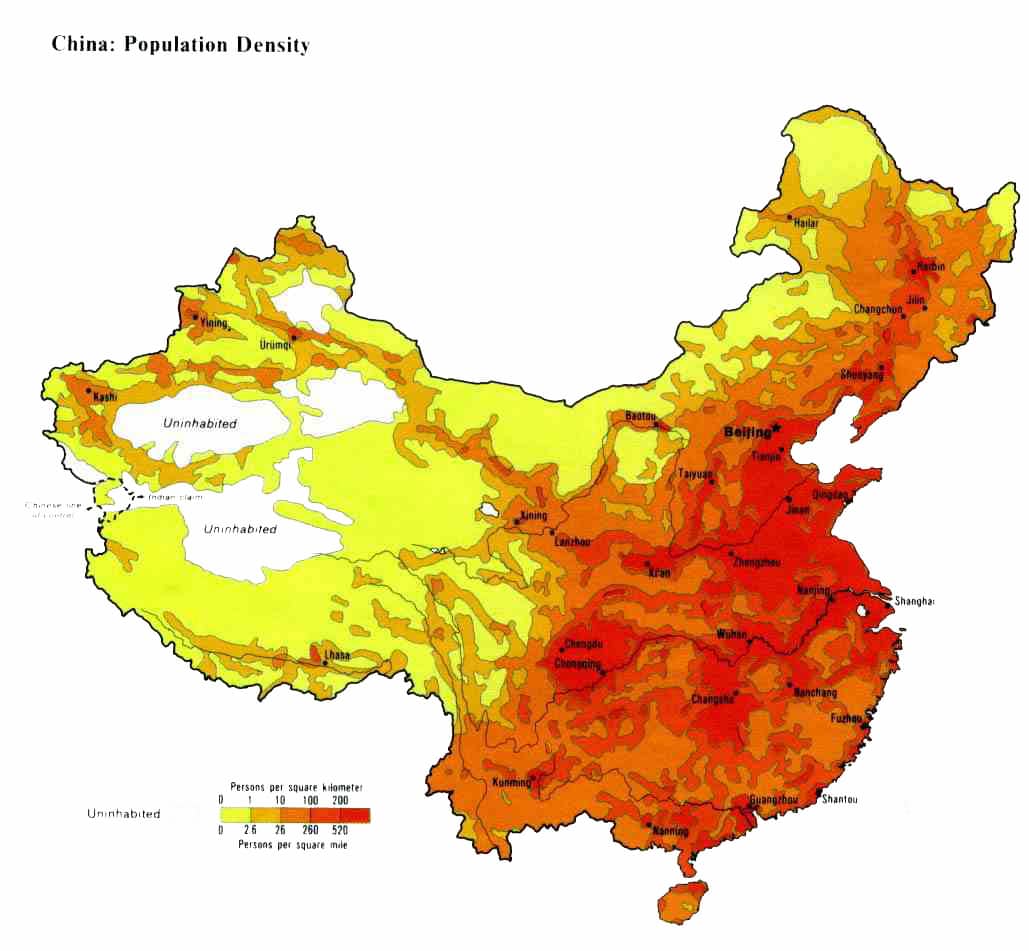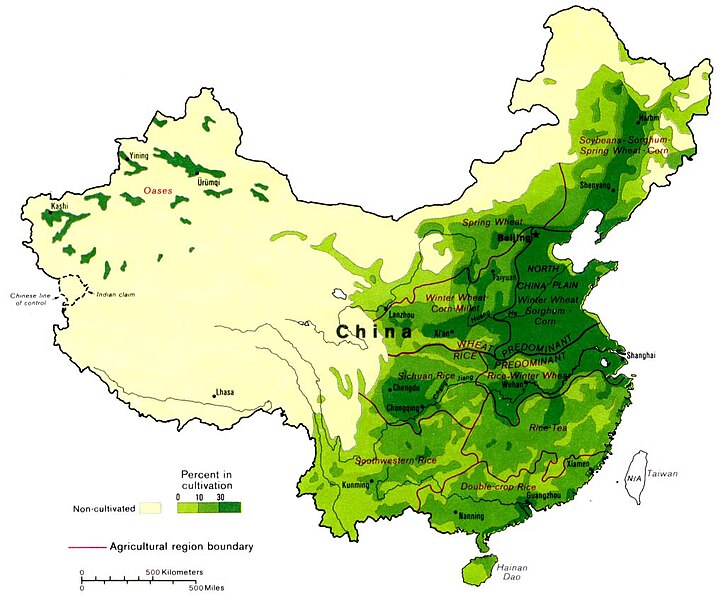Many individuals have talked about how the next century was China's century, and that they would overtake the United States as the sole super power of the world, however, this required numerous assumptions. First, it required the assumption that Chinese growth rates were continue as it had been for the last 20 years, and that is assuming that their growth rates were not tampered with show growth rates higher than what actually existed. Second, the assumption that technocrats call actually steer an economy or a nation, and history has shown us repeatedly the fallacy of thinking that way. Thirdly, it required turning a blind eye to the massive malinvestment driving Chinese growth numbers. Fourth, it requires us to ignore that even though the US imports energy, it produces more than twice the energy that China does. Lastly, there is the fact that China faces demographic decline.
This is a big deal for China because, up to this point in human history, no economy has ever grown when it's population has declined. Yes, the case of Japan illustrates that individual wealth growth can continue for a short time as economic decline lags behind demographic decline. But history has shown us that this is a near certainty. Computers, technology, robotics, this could be the means to break that cycle, however, these it will most likely be relatively wealthy nations that will be the first one's to develop these capacities. And China, with over 100 million living in poverty, and not the American version of poverty, doesn't have a lot of funds to spare.
You then also have the problem which faces Japan, America, and Europe, an elderly population dependent on a social safety net whose needs outstrip the youths ability to provide. China is going to get old before it gets rich. China has the double trouble of dealing with a large population that can barely scrap buy and an old population demanding that it be taken care of. It's like being tied to the train tracks with two trains coming at you head on.
Now some Malthusians would argue that this policy is a good idea, though my points before should start to illuminate the fact that assumption number two is absurd, given the fact that China is a net importer of food. They would argue that a declining population could help ameliorate the situation illustrated below:
China's Population Density
China's Farming Land Output
As you can see China has to deal with their people competing for the very same land that is used to generate their foodstuffs. As seen below the United States does not have this problem.
America's Population Density

America's Farming Productivity

The United States does population isn't vying for the same land where we grow most of our food. Moreover, much of China's eastern interior is incapable of any sort of real agricultural production. in America, outside of the southwestern deserts, the bayous, and the mega population centers, we do not have this issue. Though it should also be noted that California benefits from a very advanced system of agriculture that allows us to extract yields that would not be possible otherwise.
Where China has to import massive amounts of food, America is the largest exporter in the world. The US has the most arable land in the world and the most cultivated land. Even though, in my opinion, America is facing a terrible economic collapse, as is the rest of the world, America has the capability to at least feed her people and then some. China does not. And while China could develop the agricultural infrastructure to meet its needs just like America did. America was able to do so because it had an abundance of wealth, China will not have that wealth, not in time any ways.
There is a lesson to be learned here, and it is a simple one. Technocratic rulers are no more smarter, principled or farsighted than the average man. The leaders of China are not blind to the problems they face, however, they chose to keep their current course even though it spells demographic disaster. They did so simply because the have decided that they will better be able to keep power by doing so. For the technocrat, the state is of first importance, a countries economic well being is a secondary consideration. They might not even be cognizant of that fact, but that is exactly why they have elected to keep the one child policy.



No comments:
Post a Comment
Disagreements and countervailing views are welcome, however, comments will be deleted if:
-They have emoticons.
-If it is obvious that you have not read the post.
-Obvious Spam, and it takes me about a quarter second to determine if it is spam since you all write your comments the same way.